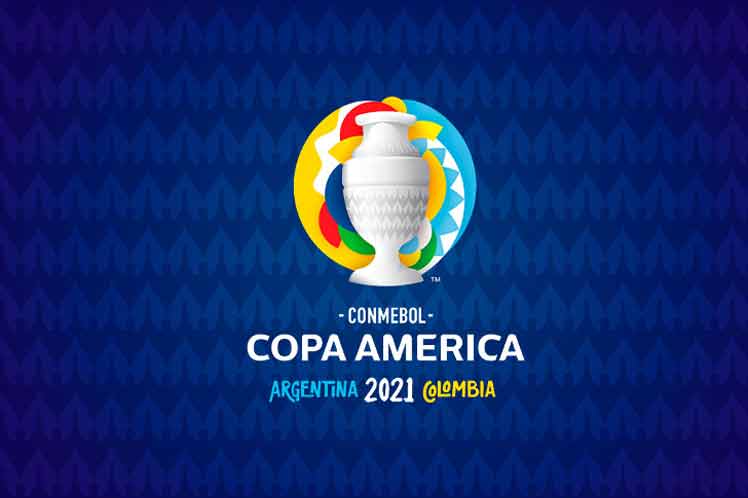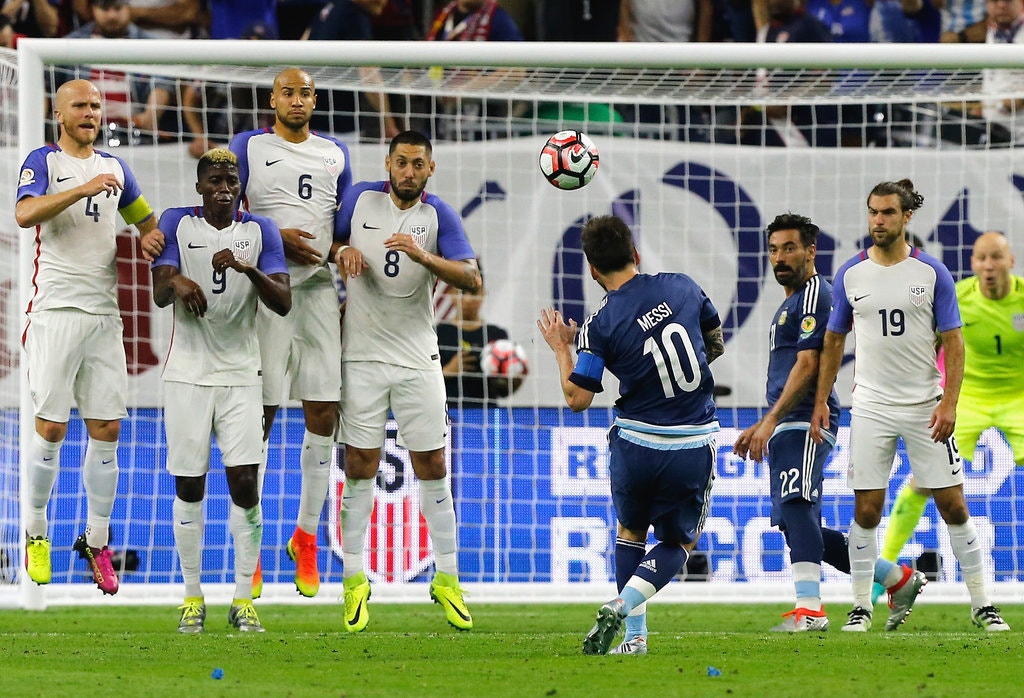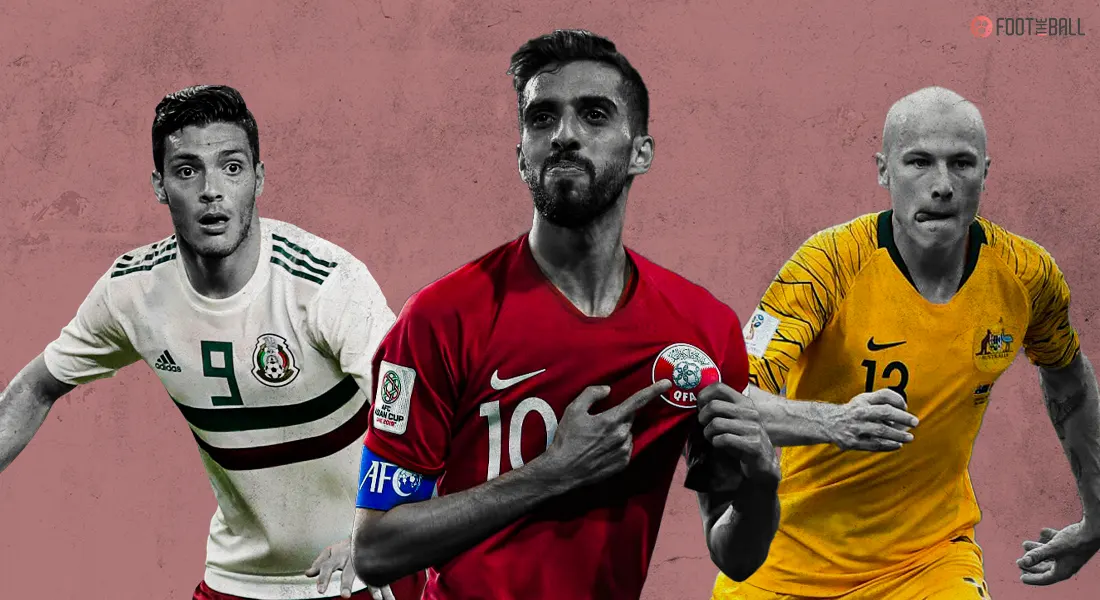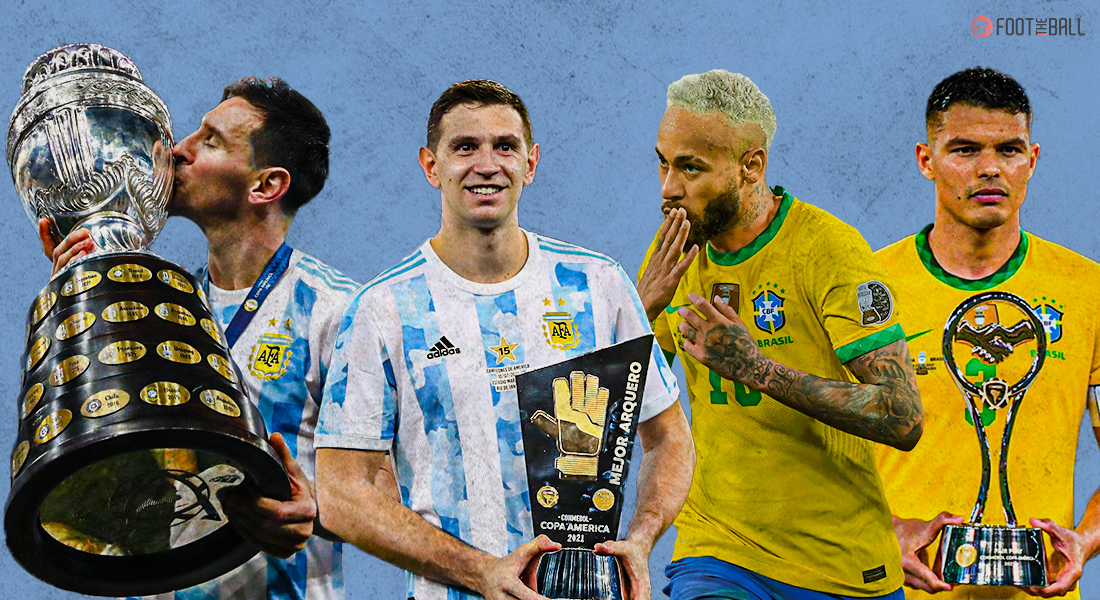Copa America – the oldest international football tournament on the planet – is perhaps the only continental competition that features guest teams from continents other than South America. The 47th edition of the tournament will be making an exception as it will be the first ever Copa America to not feature any team from outside South America for almost three decades.

No other continental tournament has the bizarre tradition of inviting teams from other continents and giving them a chance to win the title on foreign soil. But the question that arises here is – Why does South America’s most prestigious international tournament send invites to guest teams on a quadrennial basis to participate and have a chance of potentially embarrassing the South American competitors should they lose to the ‘foreign’ team in their own backyard?
FIRST GUEST TEAMS IN THE COPA
Other continental tournaments are content with teams that belong to their own continent, who largely share the same identity, culture and history, but inviting teams from other continents has become a norm at the Copa America, although this year there will be no guest teams at the tournament in Argentina and Colombia as Australia and Qatar withdrew before the start of the competition.
The tradition began in the 1990s when Mexico and the United States were invited to the tournament in 1993. The Americans had taken part in the tournament largely in anticipation of hosting the FIFA World Cup next year on home soil (in order to get some experience on the big stage before the 1994 World Cup).

Mexico, on the other hand, weren’t there in Ecuador only to pad out the entire schedule of the sporting event. Testament to their footballing ability, the Mexicans went all the way to the all-important final, only to lose the chance of lifting the trophy courtesy of two goals scored by Gabriel Batistuta that handed Argentina its last international trophy till date.
The guest teams basically played a role of spreading popularity for the sport initially which became a part of the competition’s tradition.
REAL ROLE OF GUEST TEAMS AT THE COPA?
Most guest teams are expected to offer little to no competition to the actual title contenders and, more often than not, bow out in the group stage itself before the real, exciting action begins in the knockout stages. By and large, all the guest teams have sung from the same hymn sheet when it comes to this facet of the Copa America.
The United States didn’t even win a single group stage game at the 1993 Copa America, but came back two years later to feature in the semi-finals where they were defeated by Brazil and ended up fourth overall in the tournament.

The Copa America is usually held a year later after the marquee FIFA World Cup, so it is effectively the first opportunity for South American teams to play competitive football after the conclusion of the grandiose World Cup.
But on the other hand, it comes just before the qualification rounds start for the next World Cup, which might explain teams fielding relatively weaker players in matches of the quadrennial South American tournament and invited guests – the majority of which are not at full strength themselves.
THE WAY AHEAD FOR EVERYONE
In addition to all this, the Copa America went one step further five years ago when it decided to celebrate the centenary of the world’s oldest international tournament by hosting the iconic tournament in the United States – a country that is not even in South America. The centennial tournament featured sixteen teams, including a record six teams from the CONCACAF confederation.

What all this means for the history and legacy of the grand tournament is debatable. The inclusion of weak foreign teams along with relatively under-strength South American teams has maligned the reputation of a celebrated and renowned tournament, whose glory can only be restored by a potential merger with CONCACAF to give birth to a Pan-American tournament




